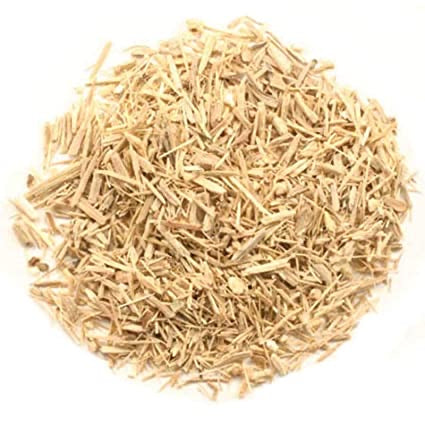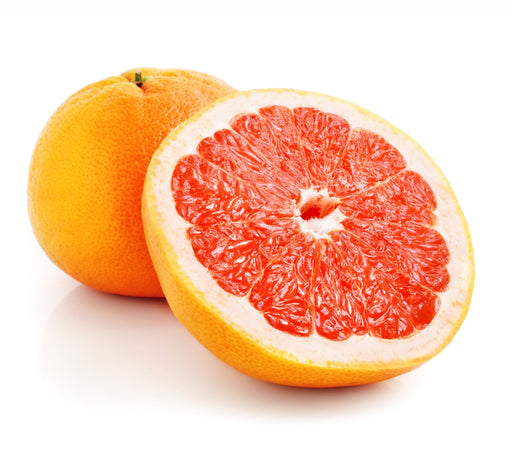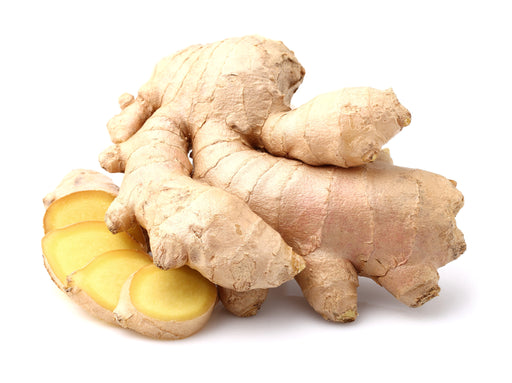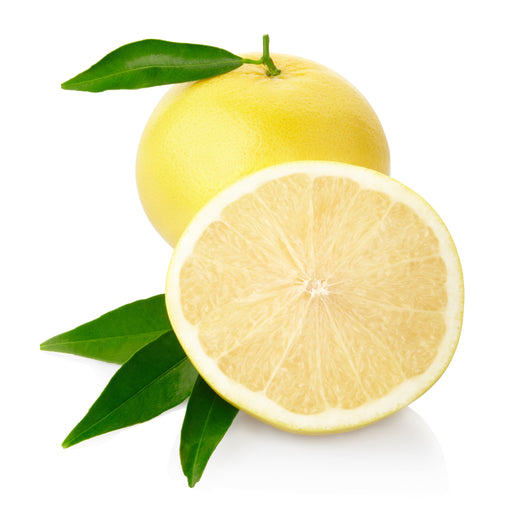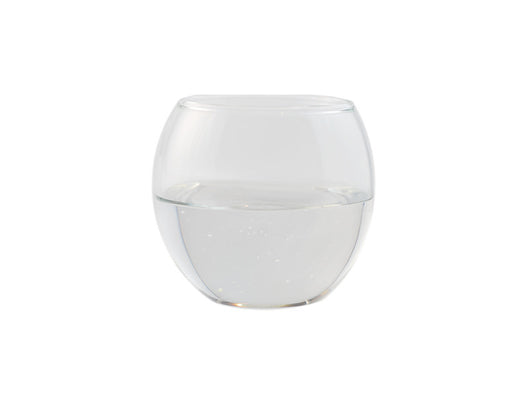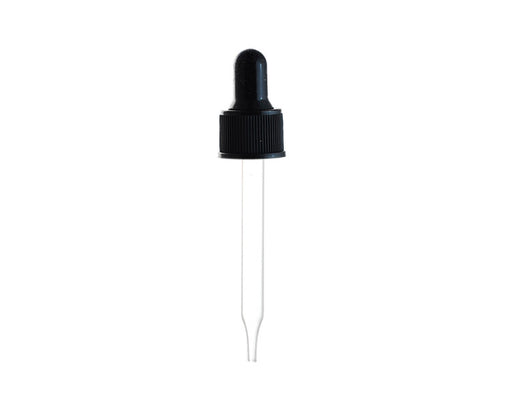Ginseng Siberian C/S
-
Botanical Name: Eleutherococcus senticosus
Siberian ginseng is a plant. People use the root of the plant to make medicine.
Siberian ginseng is often called an “adaptogen.” This is a non-medical term used to describe substances that can supposedly strengthen the body and increase general resistance to daily stress.
In addition to being used as an adaptogen, Siberian ginseng is used for conditions of the heart and blood vessels such as high blood pressure, low blood pressure, hardening of the arteries (atherosclerosis), and rheumatic heart disease.
It is also used for kidney disease, Alzheimer’s disease, attention deficit-hyperactivity disorder (ADHD), chronic fatigue syndrome, diabetes, fibromyalgia, rheumatoid arthritis, flu, colds, chronic bronchitis, and tuberculosis. It is also used for treating the side effects of cancer chemotherapy.
Some people use Siberian ginseng to improve athletic performance and the ability to do work. They also use it to treat sleep problems (insomnia) and the symptoms of infections caused by herpes simplex type 2.
It is also used to boost the immune system, prevent colds, and increase appetite.
In manufacturing, Siberian ginseng is added to skin care products.
Don’t confuse Siberian ginseng with other types of ginseng. Siberian ginseng is not the same herb as American or Panax ginseng. Be careful about which product you choose. American and Panax ginseng can be a lot more expensive.
Siberian ginseng contains many chemicals that affect the brain, immune system, and certain hormones. It might also contain chemicals that have activity against some bacteria and viruses.
-
Botanical Name: Eleutherococcus senticosus
• Herpes simplex 2
• Relieving symptoms of common cold
• Improving athletic performance
• Memory
• Quality of life and sense of well-being






















































































